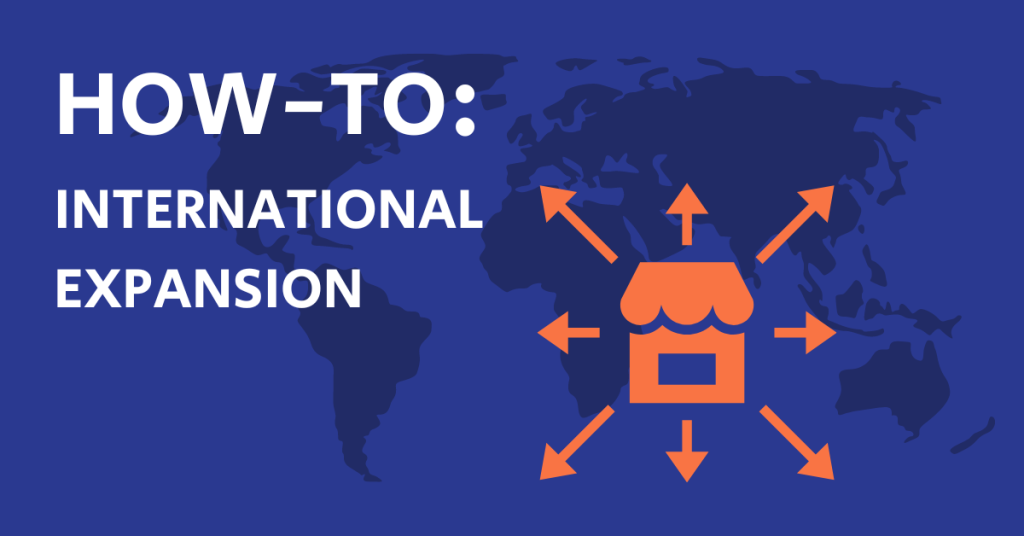Taking Your Business Global: Factors to Consider Before Expanding
When business is booming and your local market seems too small to contain your burgeoning brand, the allure of going global is strong. International expansion can be the frontier for growth that you’ve been looking for. But before you set sails on this exciting voyage, there are critical considerations to ensure your business thrives across borders. Let’s explore what you should keep in mind.
Understanding Local Markets
Every market has its heartbeat, shaped by culture, economics, and consumer behavior. Before you jump in, invest time in market research to understand the nuances of each locale you’re targeting. Do people there need your product or service? What local competitors will you face? Are there any cultural sensitivities or local regulations you need to be aware of? Comprehensive research helps tailor your business model to each new market—crucial for resonating with local customers.
Legal and Regulatory Compliance
Navigating the legal labyrinth is another aspect that needs your attention. Every country has different laws related to business operations—from establishing a business entity, tax obligations, to employment laws. Regulatory compliance is not just essential; it’s mandatory. Failure to comply can result in hefty fines or, worse, being banned from doing business in that country. Always consult with legal experts familiar with the local laws to stay on the right side of regulations.
Adapting Your Product or Service
What works well in one market might not translate directly to another due to varying consumer preferences and needs. Consider how you might need to adapt your offerings. This could range from tweaking your product design to better fit local tastes to revamping your service model to align with local customer service expectations. Remember, adaptation is key to acceptance.
Currency and Pricing Strategy
Entering the global market means dealing with multiple currencies and pricing strategies that reflect the purchasing power in each locale. Exchange rate fluctuations can also impact your profitability. Price your products competitively, but also sustainably, keeping in mind the cost structure and the targeted profit margins. Moreover, consider the implications of tariffs, shipping costs, and taxes—all of which will affect your final price point.
Supply Chain Complexity
Gone are the days of managing a supply chain within a single market. Global expansion means longer supply lines and the need for an effective logistics strategy. You’ll need to consider the reliability of suppliers, transportation options, warehousing, customs, and the robustness of your supply chain against global disruptions. Ensuring a smooth and efficient supply chain is central to keeping your promises to your customers, wherever they might be.
Language and Communication
Never underestimate the power of language in business communication. To truly connect with a new market, you’ll need to speak their language—literally. Whether it’s translating marketing materials, ensuring customer service can handle inquiries in the local tongue, or localizing your website and social media, effective communication is central to your success. Cultural understanding and respect go hand in hand with language, and they’re both non-negotiable in the global business scene.
The Challenge of Marketing and Brand Presence
Getting your name out there in a sea of established local brands is no small feat. The right marketing strategy should consider local market channels, influential platforms, and the tastes of your target audience. It might mean partnering with local influencers, engaging in local events, or leveraging social media platforms that are popular in the area. Your brand must strike a chord with the locals to stand out and build a devoted customer base.
International Team and Expertise
Expanding globally often requires building a team with international expertise. Local employees can provide invaluable insights into the market, help navigate local bureaucracy, and build relationships with key local partners. Additionally, consider the benefits of cultural diversity in your team. A mix of backgrounds and perspectives can enhance creativity and innovation, ultimately contributing to your global strategy’s success.
Financial Planning and Investment
Diving into international markets can be capital-intensive. It requires a sound financial plan and possibly significant upfront investment. This could include market research, travel, hiring local talent, marketing, legal services, and potential partnership or acquisition investments. Careful financial planning helps mitigate risks and provides a clear roadmap for your investment and expected returns.
Technology and Infrastructure
The digital age makes going global more accessible, but it also brings its challenges. You’ll need reliable technology infrastructure to support operations, from cloud services to e-commerce platforms tailored to different regions. Also, consider data protection laws and cybersecurity concerns that differ across borders. Investing in robust technology infrastructure supports seamless operations and protects you and your customers’ data.
Cultural Sensitivity and Ethics
Last but certainly not least, conduct your business ethically and be culturally sensitive. Understand local customs, traditions, and social norms to engage with your new market respectfully. Ethical business practices are not just good manners—they’re vital to building trust with your new customers and partners.
Final Thoughts

Going global is not just about duplicating your existing business in a new location. It’s a complex process of adaptation, understanding, and strategic planning. It requires an ability to maintain the core values and strengths of your business while also being flexible and responsive to new markets. Take the time to carefully consider these factors, and you will be well on your way to plotting a course for successful international expansion.
Remember, global expansion is more of a marathon than a sprint. It’s a journey filled with learning and opportunities. With careful consideration and strategic action, you can take your business to new heights and horizons. The world is waiting for what you have to offer—prepare well, and make your global business dream a reality.

